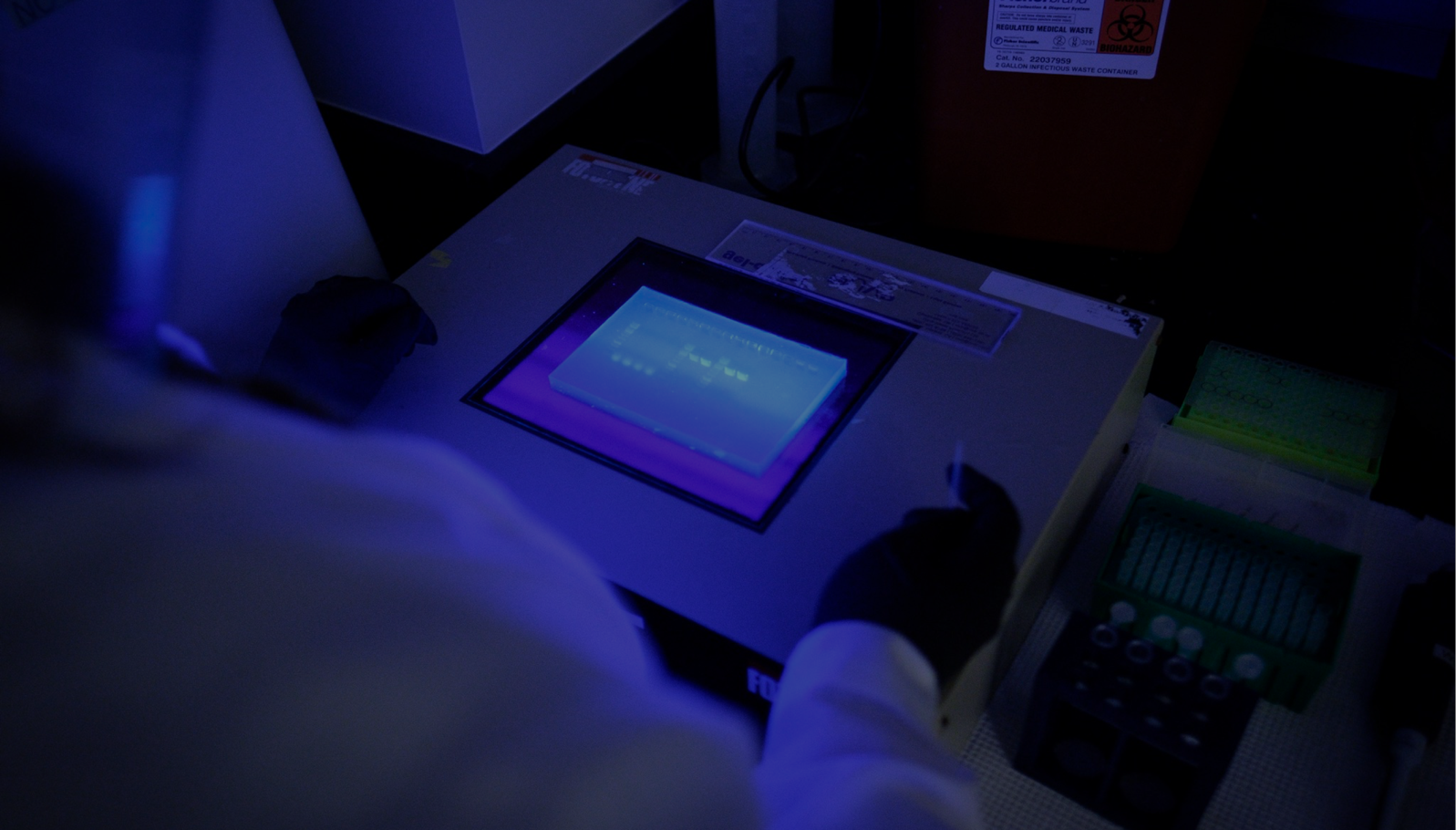Overview

Cryptosporidiosis, also known as "Crypto," is a parasitic disease caused by Cryptosporidium, a microscopic protozoan parasite. A diarrheal disease, Cryptosporidiosis affects the intestines with an acute short-term infection and is found throughout the world.
Crypto is typically spread through contaminated water (the fecal-oral route). The parasite can also be acquired by eating contaminated, raw foods. The parasite is transmitted by environmentally hardy microbial cysts (oocysts) that, once ingested, exist in the small intestine and result in an infection of intestinal epithelial tissue.
The main symptom in people with intact immune systems is self-limiting diarrhea. Most people with healthy immune systems will recover from Cryptosporidiosis without treatment. Dehydration is the main risk factor, especially for babies and young children.
In immunocompromised individuals, such as AIDS patients, the symptoms are particularly severe and often fatal.
Source: Centers for Disease Control and Prevention
OUR FOCUS
CERID’s work on Cryptosporidiosis focuses on target-based drug discovery and development.
Associated labs



